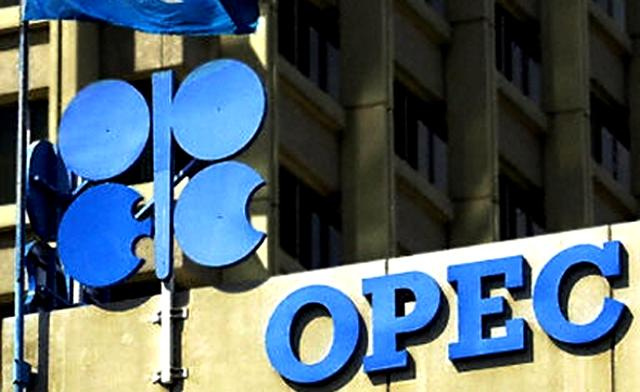Riyadh's increase in production led to the fall of oil prices

Farhad Khorrami: OPEC was established in 1973 and the main goal behind its establishment was the world's oil demand; based on oil demands, OPEC members decide how much each member should produce. In other words, from the beginning, they have divided OPEC's quota between member countries based on different criteria. They also set prices in such a way so that they reach their desired price by increasing or decreasing production.
However, OPEC members have cheated since its establishment, meaning that some countries have had a higher quota or sold more oil than what had been agreed upon in OPEC meetings. This might even include members like Iran and Saudi Arabia.
In recent developments and following proposals for oil sanctions on Iran, Saudi Arabia has repeatedly said that if there are sanctions on Iran's oil, it will compensate for them by increasing its production. In reality, the idea that some countries can increase their production is one that is against the spirit of OPEC and its main goal. In other words, they are openly violating agreements made between member countries on the division of quotas, and we can even say that they are robbing Iran of its quota. Saudi Arabia, Qatar, and any other country that increases its production is in a way robbing Iran of its quota, and this is opposed to the goal that OPEC had set for itself from the get-go. However, I doubt that there is a practical mechanism that would be able to follow up Iran's complaints. It seems that the important factor here is political power.
ID: OPEC therefore cannot confront such increases in production?
FK: No, there is no legal way to do so. But based on the principles that OPEC was formed on, Iran's complaints are rightful. This means that such acts are in a way robbing Iran of its oil revenue, and it is similar to Iran blocking Saudi oil tankers in protest to such a theft. However, there is no legal mechanism in the OPEC Charter which can confront such acts.
ID: Saudi Arabia has justified the increase in its oil production with the increase in market demand, but considering the fact that demand usually decreases in the warm seasons, this justification does not seem to be correct. Do you think this is an acceptable excuse on their part?
FK: No. The demand for oil usually increases in the cold seasons. Saudi Arabia has always been a follower of the West and it obeys any and all American orders.
ID: Could OPEC's production ceiling increase in the next OPEC Summit?
FK: Yes, that is possible, but if it does happen, oil prices will decrease. In the current situation where the Saudis have increased their oil production, prices have already decreased. Many countries might be against an increase in production, because they are, rather, after an increase in the price of oil. And due to the fact that Iran has set its budget for this year based on a price of 85 dollars per barrel, a decrease in oil prices will also hurt Iran's budget.
ID: What is the main reason for the current decrease in oil prices?
FK: One of the main reasons for this change is the increase in supply, meaning that oil-exporting countries have increased their production and even countries that are not OPEC members have become influential in this regard. I must add that we are no longer in 1973 when oil production was solely in the hands of OPEC members. These days, countries such as Russia and Mexico, which are not OPEC members, produce oil. Therefore, the influence of such countries on the oil market is much higher than at the time of OPEC's establishment.
ID: How much progress has Iraq made in the production of oil? Some have even suggested that Iraq is currently playing a more active role than Iran in the oil market. To what extent do you agree with such statements?
FK: Yes, Iraq must do so because its oil-producing infrastructure was damaged during the war and it has been busy rebuilding it to try to return its industry to its initial state, or even make enhancements. Iraq has huge oil reserves; meanwhile the US has also made investments in the development of Iraq's oil industry so as to secure its own oil future.
ID: Could the position of OPEC Secretary General also be given to Iraq?
FK: Yes, that is possible. But the choice of Secretary General is not very important. This is because the OPEC Secretary General's role is more of a symbolic one and the position does not have much influence on the decision-making process or on any specific country.

